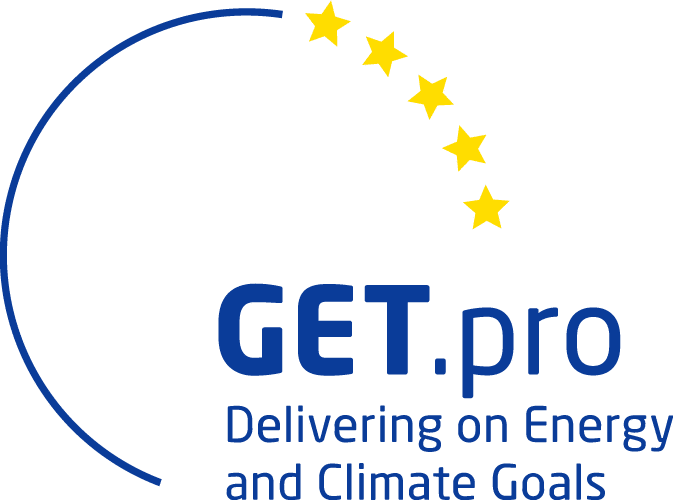Energy and Climate Change Adaptation in Developing Countries
This study provides an analysis of the interlinkages between the energy sector and climate change adaptation to support the donor community in introducing a climate change adaptation approach for energy sector projects. In conclusion, increased funding for climate change adaptation in the energy sector and interventions for climate-adapted energy systems can fill the resilience gap and spur sustainable energy development.
Energy and Climate Change Adaptation in Developing Countries
This study provides an analysis of the interlinkages between the energy sector and climate change adaptation to support the donor community in introducing a climate change adaptation approach for energy sector projects. In conclusion, increased funding for climate change adaptation in the energy sector and interventions for climate-adapted energy systems can fill the resilience gap and spur sustainable energy development.
Download
